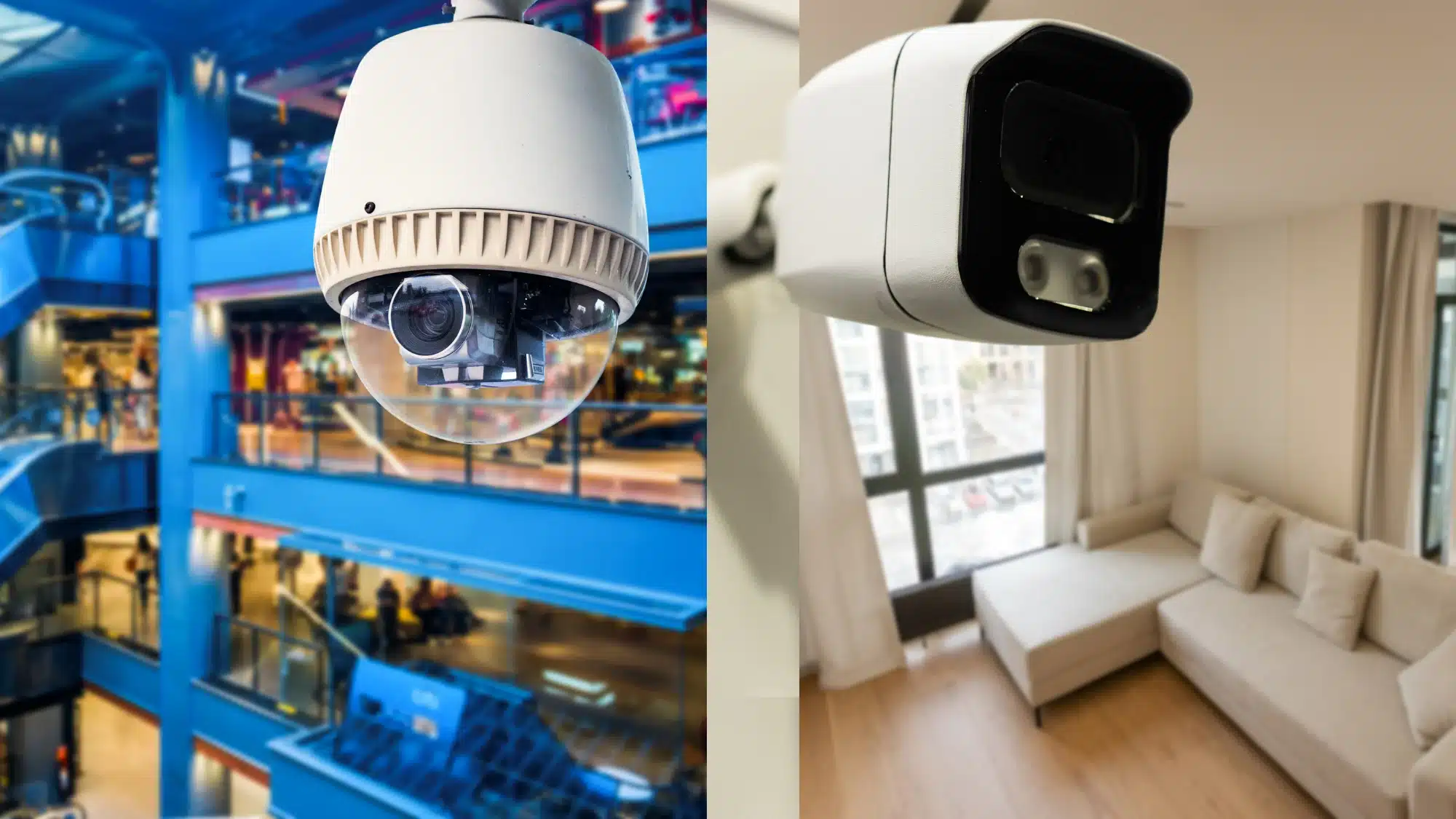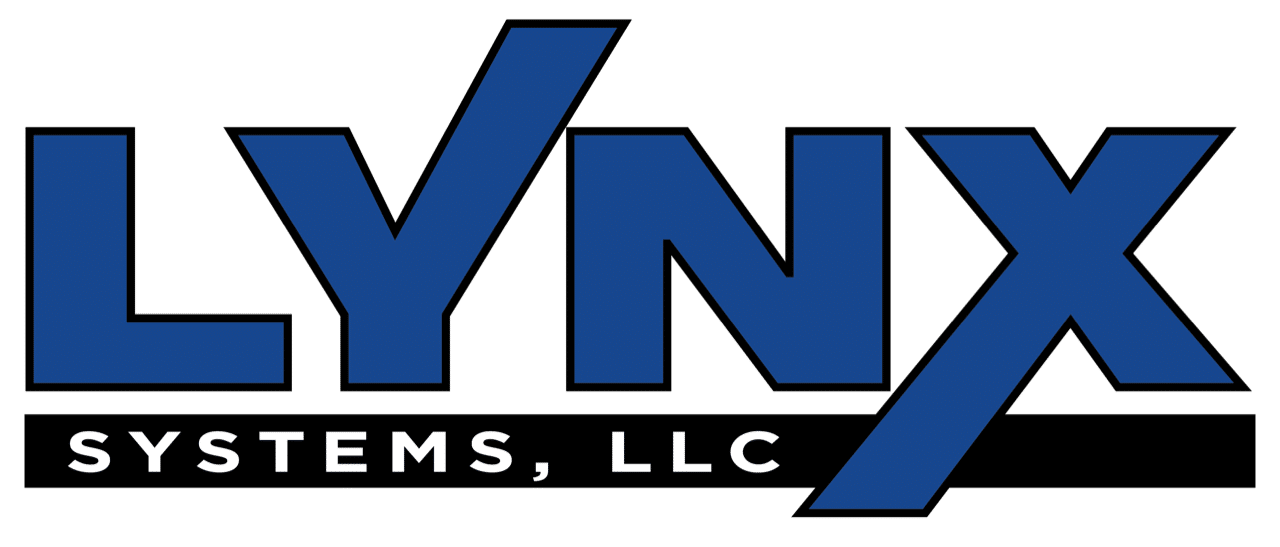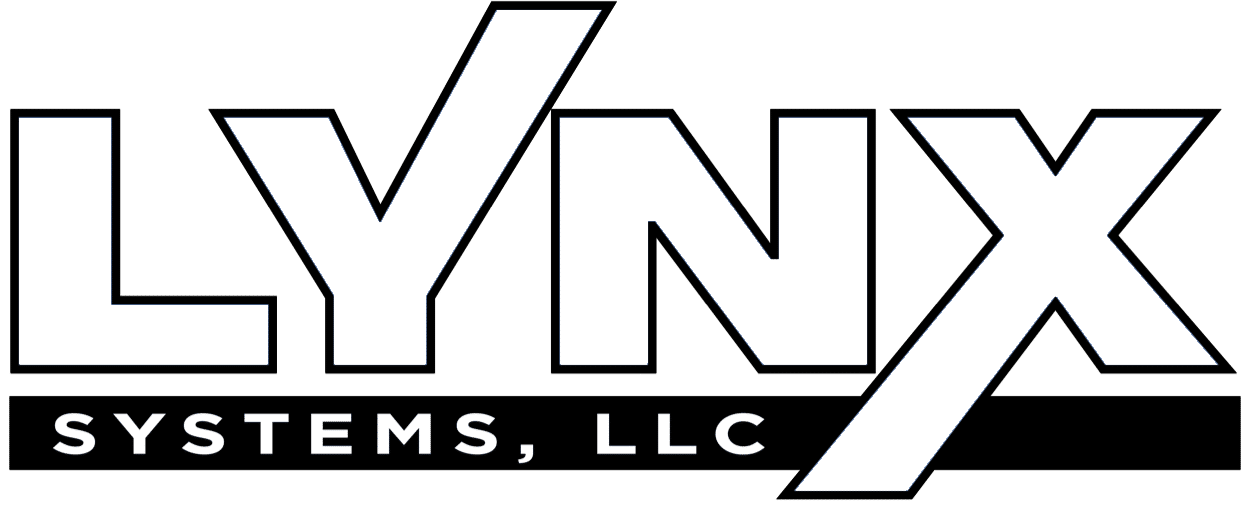September 26, 2025

Introduction
When it comes to protecting your property, understanding the differences between commercial and residential securityplanning is crucial. Whether you’re searching for “business security systems near me” or looking to secure your home, the right approach depends on your unique needs and environment.
Key Differences Between Commercial and Residential Security
1. Scale and Complexity
- Commercial security systems are designed for larger, more complex environments such as offices, warehouses, and retail spaces. These properties often have multiple entry points, higher foot traffic, and require coverage over a broader area.
- Residential security systems are typically simpler, focusing on protecting entry points and providing alerts for homeowners. They are tailored for smaller spaces and fewer users.
2. Monitoring and Operation
- Commercial properties often require 24/7 professional monitoring and may employ dedicated staff to oversee security operations. Continuous surveillance is standard, ensuring immediate response to incidents.
- Residential systems usually rely on automated monitoring, with alerts sent directly to homeowners’ devices. Monitoring is often event-driven, such as motion detection or door/window sensors.
3. Technology and Equipment
- Commercial systems utilize advanced technologies like AI-driven analytics, large-scale CCTV networks, and integrated access control. These systems are highly customizable to meet regulatory and operational requirements.
- Residential systems focus on user-friendly features such as smart locks, video doorbells, and basic surveillance cameras, often integrated with home automation.
4. Access Control
- Commercial access control is complex, allowing different levels of access for employees, contractors, and visitors. Permissions can be set by area, time, and user role.
- Residential access control is straightforward, typically limited to household members and occasional guests.
5. Compliance and Legal Requirements
- Commercial properties must adhere to stricter regulations regarding surveillance, data storage, and privacy, especially in public and employee areas.
- Residential systems are subject to fewer legal constraints but should still respect privacy laws, especially regarding audio/video recording inside the home.
6. Budget and Investment
- Commercial security requires a larger investment due to the scale, complexity, and compliance needs. Budgets must account for installation, maintenance, and ongoing monitoring.
- Residential security is generally more affordable, with lower upfront and recurring costs.
Best Practices for Security Planning
For Commercial Properties
- Conduct a comprehensive risk assessment to identify vulnerabilities unique to your business.
- Invest in scalable, integrated security solutions that can grow with your company.
- Ensure compliance with industry regulations and data protection laws.
- Train staff on security protocols and emergency response.
- Regularly review and update your security plan as your business evolves.
For Residential Properties
- Install smart security devices such as video doorbells, motion sensors, and smart locks.
- Use remote monitoring to stay connected to your home from anywhere.
- Layer security measures (e.g., cameras, alarms, lighting) for comprehensive protection.
- Educate family members on security best practices and emergency procedures.
- Choose a reputable provider for installation and monitoring to ensure reliability.
Why Choose Lynx Systems, LLC?
If you’re searching for “business security systems near me”, Lynx Systems, LLC offers tailored solutions for both commercial and residential clients. Our expertise ensures your property is protected with the latest technology and best practices, giving you peace of mind whether at work or at home.
Secure your future—contact Lynx Systems LLC today to discuss your security needs.

